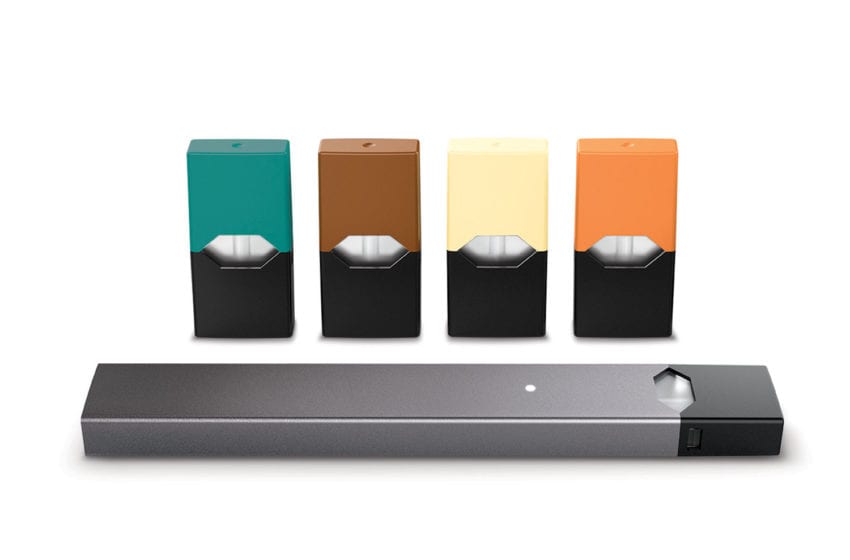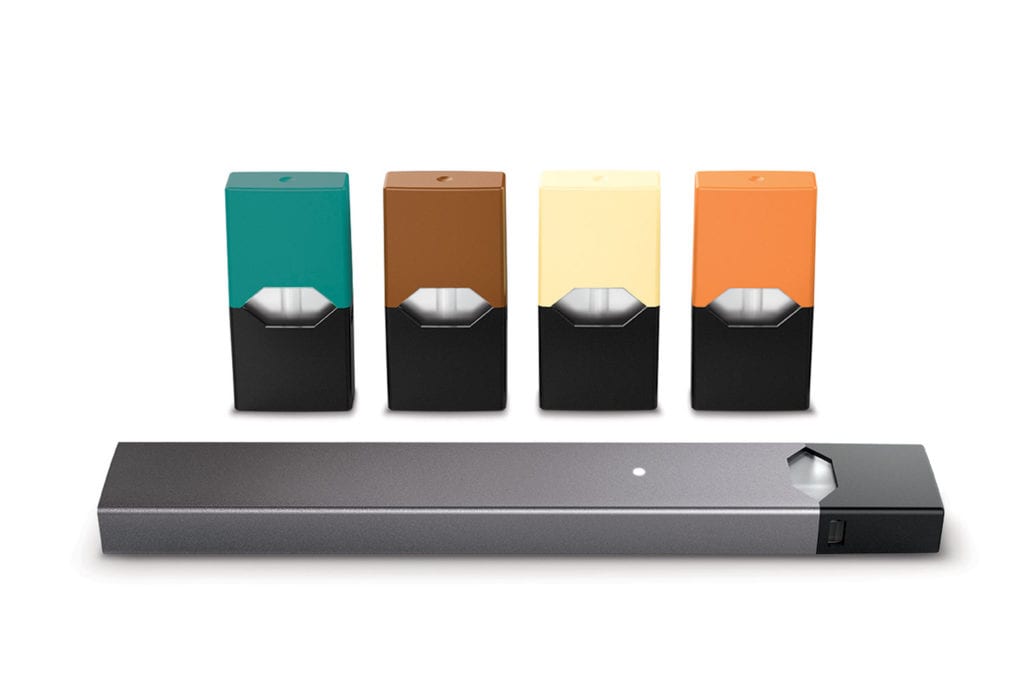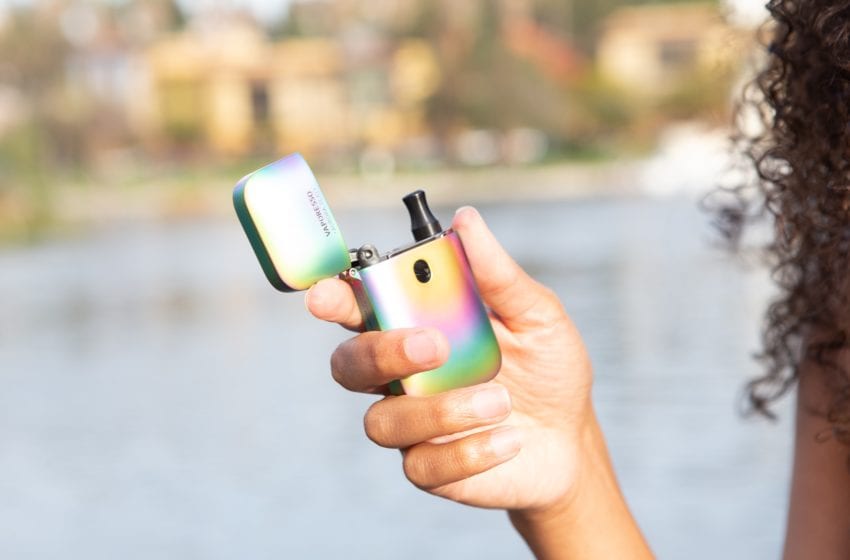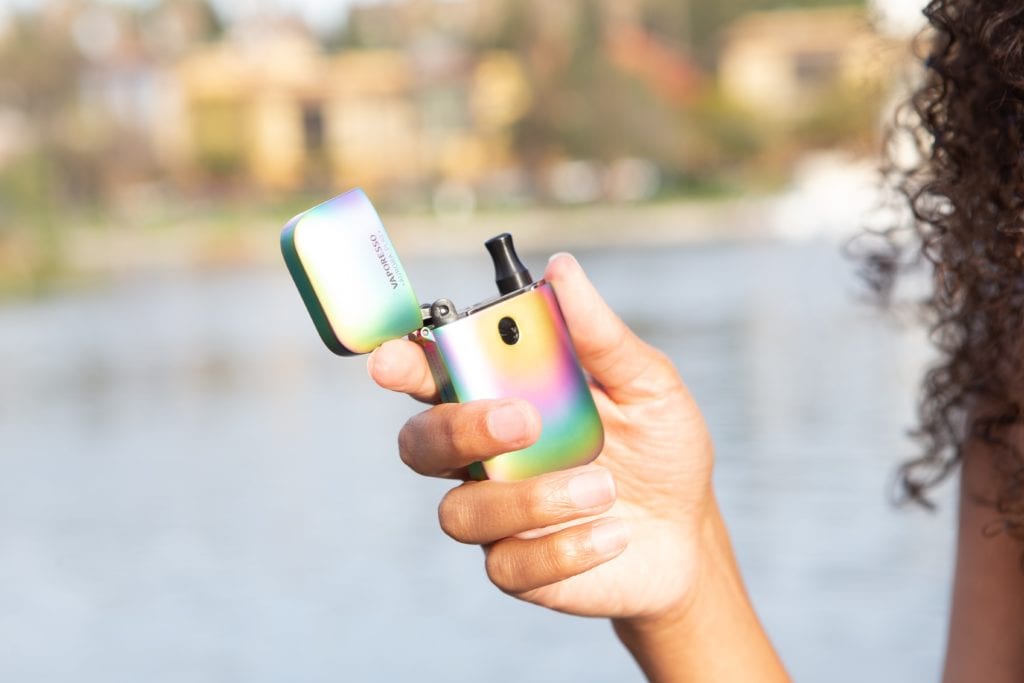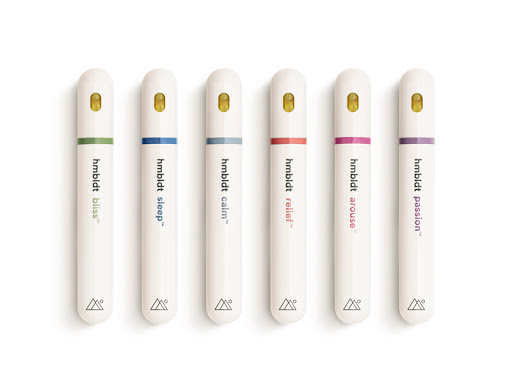The coronavirus pandemic has taught us for certain that public health experts should stick to public health. After suffering through months of the COVID-19 lockdowns and surges, Americans are fully aware how politics and misinformation can negatively impact public health.
The fact is that when the medical and health communities lose their focus on data and science – distracted by partisan advocates and social justice campaigns – Americans pay the ultimate price in terms of their health and well-being.
Just in the last several months, the American public has been bombarded with conflicting reports over the effectiveness of wearing masks to combat COVID-19; whether Hydroxychloroquine is a safe therapy for coronavirus; and the safety of a COVID-19 vaccine. Health and science have been politicized and weaponized for political purposes.
Outside of coronavirus, we have witnessed other “campaigns” that put ideology over science: the anti-vaxxer movement, the anti-GMO movement, and the ongoing disinformation over e-cigarettes.
The Center for Medicine in the Public Interest’s Robert Goldberg recently wrote: “… for all the harm anti-vaccination fabrications have had on public health, a more recent campaign of medical disinformation about the dangers of e-cigarettes is likely to be more damaging by far.”
The U.S. Centers for Disease Control and Prevention (CDC) notes “nearly half a million Americans die prematurely of smoking or exposure to secondhand smoke. (That is about one of every 5 deaths.) Another 16 million live with a serious illness caused by smoking. Smoking-related illness in the United States costs more than $300 billion each year in health care spending and lost productivity.”
E-cigarettes, while not a cure for nicotine dependence, can help reduce the death and disease caused by combustible tobacco. Public Health England (PHE), the United States equivalent of the CDC, concluded best estimates show e-cigarettes are 95% less harmful to your health than normal cigarettes, and when supported by a smoking cessation service, help most smokers to quit tobacco altogether.”
When politics takes precedence over science, we are left with both bad policy and bad science. How does Senator Dick Durbin, D-IL, erroneously declaring on the floor of the United States Senate that “vaping doesn’t guarantee any end to tobacco addiction” help the millions of Americans desperately trying to quit tobacco? What’s more, how does the Democratic leader in the Senate, Chuck Schumer, D-NY, calling vaping devices “ticking time bombs” offer clarity and confidence to smokers looking for alternatives that will help them quit the habit? Senator Schumer actually went so far as to demand that the U.S. Consumer Product Safety Commission take an active role in a “war on vaping.” These assertions betray an anti-corporate ideology (companies that manufacture e-cigs are greedy, evil), not a pro-science stance.
Almost 40 million Americans are addicted to smoking cigarettes. According to the CDC, smoking tobacco is the “leading cause of preventable disease, disability, and death in the United States’ resulting in 480,000 deaths annually in the United States” – which breaks down to 1,300 smoking-related deaths per day, 54 deaths per hour, or almost one death per minute. One dead American every minute and we are playing politics with adult vaping. It is irrational and anti-science.
Are e-cigarettes healthy? Should young people who do not smoke pick up a vaping habit? No, of course not. But these are the wrong questions and not the issue up for public discussion. Rather, the more relevant questions are: “Is vaping a safer alternative to smoking?” “Does vaping help smokers quit tobacco?” And here the answer to both questions is the same: an unequivocal, loud “yes.”
Politicians and ideologically-driven advocates should not be explicitly working to scare tobacco users from using a product that, relative to smoking, does less harm to their health, and is proven to be an effective means in helping them quit smoking altogether.
In 1983, U.S Senator Daniel Patrick Moynihan, declared to his opponents in a policy debate that “you are entitled to your own views, but you are not entitled to your own facts.” What was true in 1983 is still true in 2020. The facts are clear. Vaping bans and politicized attacks on vaping devices hurt those who want to kick the smoking habit.
Here are the facts. Millions of Americans are dying from cigarette smoking because quitting tobacco is extraordinarily difficult. Research, published last year in the New England Journal of Medicine, offers powerful evidence that vaping can help smokers quit cigarettes. Anti-smoking activists and government regulators promoting vaping bans and, in Senator Schumer’s words, fighting a ‘war on vaping’ are not advancing science or good public-health policy. On the contrary, these advocates and politicians are fighting technologies and products that could save millions of American lives.
Let’s stop the war on vaping; let’s take the politics out of health.
This column initially appeared at realclearhealth.com.Jerry Rogers is the editor of RealClearHealth and the host of the ‘Jerry Rogers Show’ on WBAL NewsRadio.



